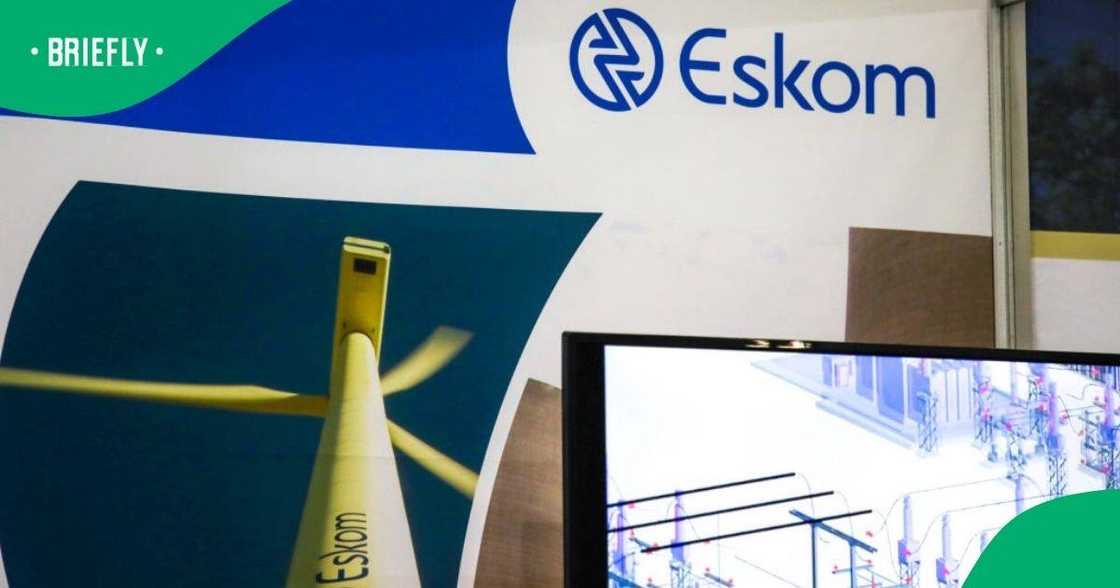Eskom Pats Itself on the Back for 107 Days of No Loadshedding
- State-owned power utility Eskom has praised itself for achieving 107 days of no loadshedding and constant power supply
- The SOE also reaffirmed some of its plans on how the streak can be maintained and said things are going as planned
- Eskom explained to Briefly News the difference between loadshedding and load-reduction
- South Africans disputed them, and many pointed to the presence of load reduction as an unwanted substitution for loadshedding
Tebogo Mokwena, Briefly News's current affairs journalist, offered coverage of current affairs like loadshedding, fuel prices and environmental affairs during his seven years at Daily Sun and Vutivi Business News.

Source: Getty Images
JOHANNESBURG — Eskom praised its 40,000 employees for successfully keeping the country loadshedding free for 107 days, most of which fell in the winter season.
Eskom praises itself for no loadshedding

Read also
Fire at Germiston old age home kills 1, leaves 6 hospitalised and 44 displaced, SA horrified: "Sad"
Eskom posted a statement on its X account @Eskom_SA highlighting the country's achievements of having no loadshedding for over three months. Eskom revealed the last similar prolonged suspension of /loadshedding occurred in 2020. This resulted from the workforce's efforts and its Generation Recovery Plan.
PAY ATTENTION: stay informed and follow us on Google News!
"Reaching the 107-day milestone further indicates the efficiencies the Generation Recovery Plan is delivering for Eskom, with around R7.65 billion reduction in Open-Cycle Gas Turbines (OGCT) diesel expenditure from 1 April 2024 to July 2024, compared to the same period last year."
Read the complete statement here:
Eskom explains to Briefly News what load-reduction is
Eskom told Briefly News what the difference between loadshedding and load reduction is.
"Load reduction is a long-established process that Eskom uses in specific areas where there are illegal connections and electricity theft. It is used to protect the transformer from overloading due to indiscriminate use of electricity by switching off supply during peak hours. Loadshedding is a controlled process used when the national grid is constrained and there is insufficient generation capacity to meet electricity demand across the country to prevent national grid collapse," Eskom said.
South Africans snub Eskom
Netizens were not impressed with Eskom and gave it a thumbs-down, slamming it for introducing load reduction.
The Special One said:
"New word: load reduction."
Bauba A Marumo said:
"You introduced load reduction, so this is no longer relevant."
The Horse said:
"False information. Load reduction is loadshedding. You aren't fooling anyone with this cheap PR."
Mavivo Dubazana asked:
"When does winter start, according to Eskom?"
Delisile Mashabane said:
"Funny how load reduction does not affect urban areas but only rural and township areas. I wonder why."
Eskom drafts proposal of tariff hikes for up to 44%
In a similar article, Briefly News reported that Eskom proposed that the tariffs increase by 44% for the next financial year.
If approved, South Africans could start feeling its impact in April 2025, while municipal clients could start paying in July 2025.
PAY ATTENTION: Сheck out news that is picked exactly for YOU - click on “Recommended for you” and enjoy!
Source: Briefly News


